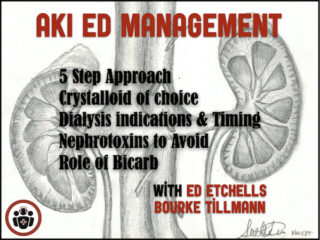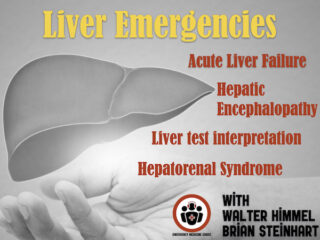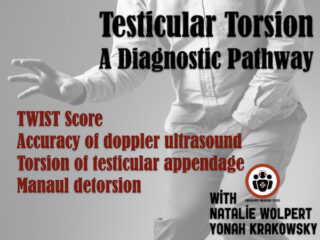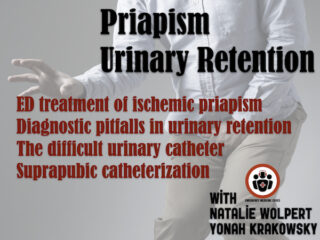EM Cases Main Episodes are round table in-depth discussions with 2 or more EM Cases guest experts, inherently peer reviewed, and edited for a podcast.
Ep 151 AKI Part 2 – ED Management
In this Part 2 of our AKI series we discuss the timing, volume and IV crystalloid of choice in AKI patients as well as dialysis indications and timing in light of the recent STARRT-AKI trial. We answer the questions: are piperacillin and vancomycin in combination contraindicated in patients with severe AKI? Is vasopressin preferred over norepinephrine in patients with AKI and septic shock? Is there a role for IV sodium bicarbonate in AKI? When should ACEi/ARBs be held in AKI patients? When, if ever, should NSAIDs be given in AKI patients, and if so, how should the dose be modified? and many more....










